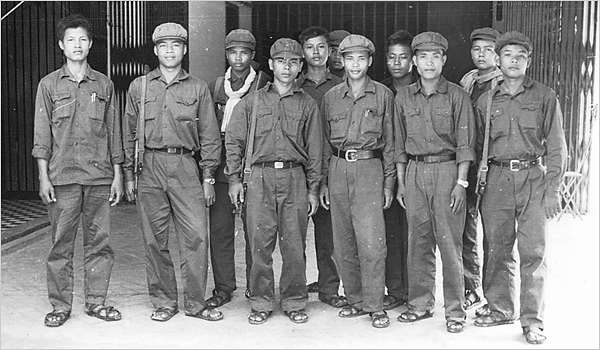Seeking Justice and Accountability in Cambodia: Courts, Communities, and the Trial of Khmer Rouge Leaders

Although the genocide perpetrated by the Khmer Rouge in Cambodia occurred some three decades ago, it is only now that those “most responsible” are in the process of being brought to trial. The real challenges for this court, however, go well beyond convicting a handful of octogenarians for their role in the murderous events of 1975-79. Most international participants and observers agree that the most important thing this court could achieve is to contribute to the improvement of the domestic justice system in Cambodia and to the establishment of the rule of law. But in order for the Khmer Rouge trials to provide a model for the domestic judiciary and raise expectations about what a justice system should actually provide, it is necessary for the process to be both transparent and visible to the Cambodian public.
The summer apprentice, Peggy Wong, participated in the evaluation of a community outreach project that aims to make the proceedings before the Khmer Rouge Tribunal accessible and comprehensible to the general Cambodian populace. The project involved the production of films about the pre-trial phase and the trials themselves. Wong participated in a countrywide evaluation of the impact of the 4-5 films made during the pre-trial phase. This evaluation aimed to assess both the impact of the content of the films and the effectiveness of the dissemination effort in order to better prepare for the production and distribution of 36 films.